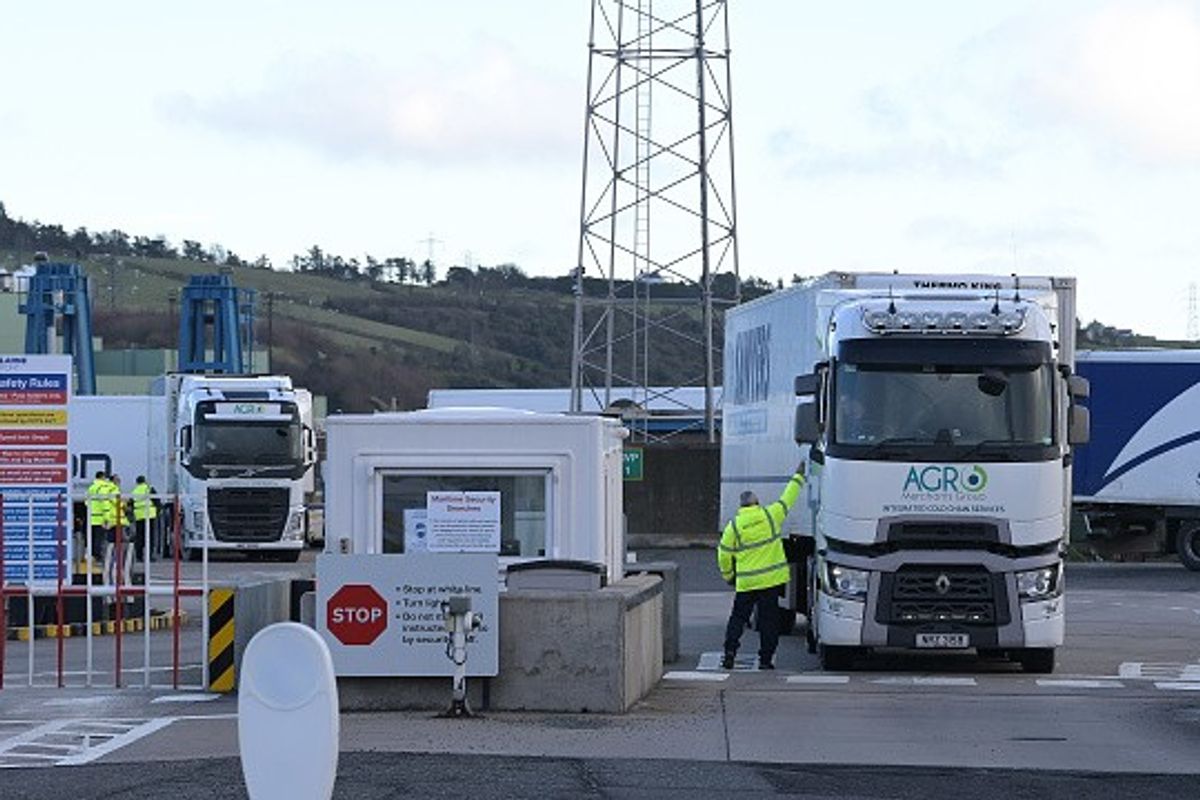Congestion at ports and supply chain disruption may worsen as a recent survey revealed that almost one-third of British companies that import goods from the EU are “not at all prepared” for full post-Brexit customs checks.
According to the Institute of Directors (IoD), three in 10 of the leaders of firms that import from the EU said they were not at all prepared for the change, with 37 per cent of small businesses and nearly a quarter of large ones saying they were not ready.
The IoD surveyed 580 of its members and after removing those firms that said the EU import rule changes were “not applicable” to them, the results were based on the responses of the remaining 250 business leaders, The Guardian reported. Members were also asked what they would most like to see improved about the business environment they face.
From Jan 1, companies that import goods will no longer be able to take advantage of a temporary six-month grace period allowing them to delay making customs declarations to HMRC and paying any tariffs due.
Kitty Ussher, chief economist at the IoD, said that in just three weeks’ time, significant changes to our customs arrangements are going to be introduced, for which a large portion of businesses are “either unprepared or simply unaware”.
“This will exacerbate existing supply chain problems, leading to further congestion at ports, as well as extra costs from accidental non-compliance for many businesses. Government needs to ramp up an awareness and advertising campaign around these changes, simplifying the guidance, so that all importing businesses feel confident they know how to keep supplies flowing into the new year,” Ussher said.
A government spokesperson said, “Overall trader readiness for the introduction of import controls is strong. The government is also on track to deliver new systems, infrastructure and resourcing needed for these controls.
“We have been running a targeted campaign across print, radio and online to signpost businesses to the relevant information – and officials across government are leading a series of sector-based webinars to help traders and hauliers get ready.
“Recognising that the global pandemic has affected supply chains in the UK and across Europe, we announced earlier this year that we will be introducing import controls in phases throughout 2022 in order to give businesses more time to prepare.”





